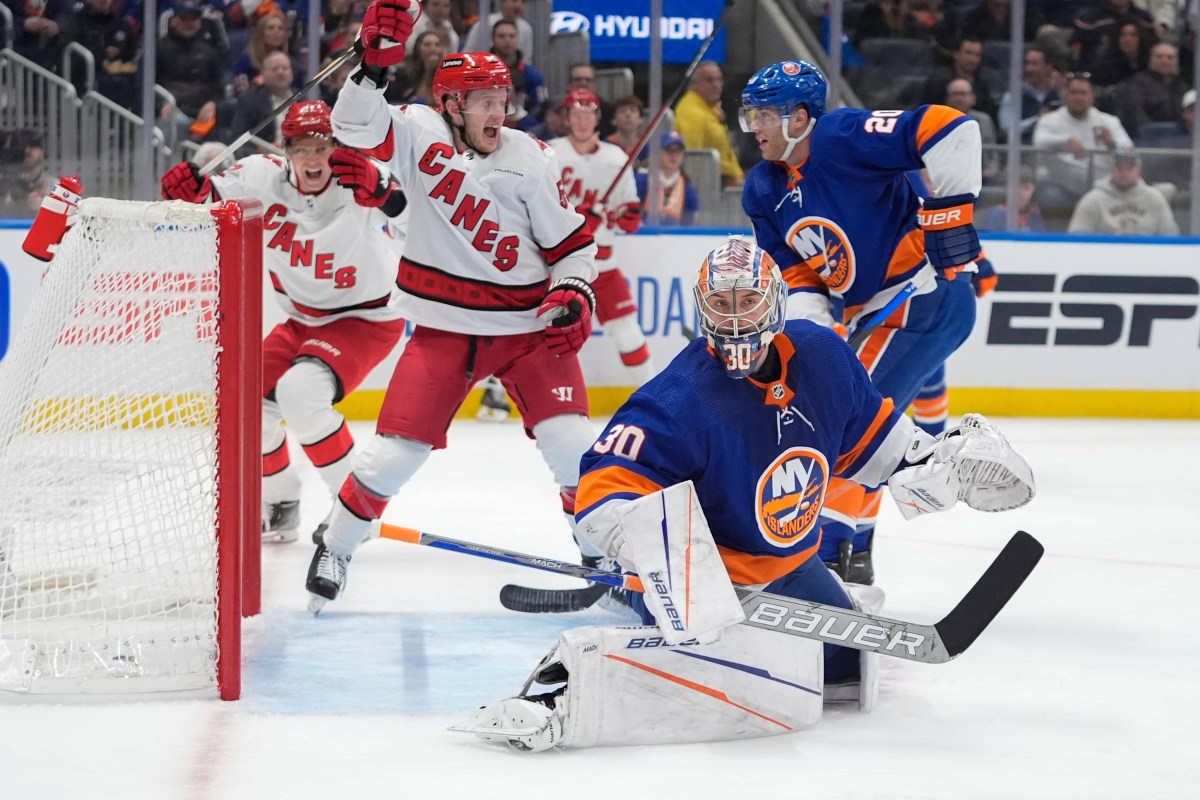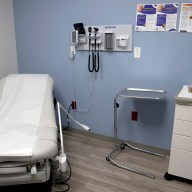In nature, winter is a time to rest and gather resources to spur spring’s new growth. But even when we really need rest, our world doesn’t give pause for that. So, we reach for that extra cup of coffee to keep going. While there’s nothing wrong with a cup of joe to lift mood and kick-start activity, in time all that java can do more harm than good. Too much caffeine — including from coffees, teas and sodas — can cause dehydration, insomnia, irritability and other mood disorders. Here are three tips to combat energy slumps naturally.
Take a nap
If you’re lucky enough to take a midday break, by all means, take it. “It might sound odd, but napping increases productivity,” says Gene Stone, author of “Forks Over Knives: The Plant-Based Way to Health.” “A 20-minute nap can boost energy levels, especially if you don’t sleep well. We need seven to eight hours of sleep in a 24-hour cycle, but it doesn’t have to be all at once.”
Take a walk
Dave Larson, MSPT (Master of Science in Physical Therapy), co-owner of Boston-based Joint Ventures Physical Therapy and Fitness, says, “A brisk walk increases your heart rate and cardiac output, which results in more oxygenated blood going to your muscles. This improves the muscles’ efficiency. The current research is clear: A regular exercise program [improves] your energy levels.” A quick walk can get you going.
Take mini meals
Step away from the Snickers, which might tide you over for a bit but will send you crashing soon after. “Treat snacking as a miniature meal,” says Adam Korzun, high-performance dietitian for the U.S. Ski and Snowboard Association. “Often we let ourselves get too hungry and end up searching for the first thing in sight, which most often is a bad choice. Miniature meals every three to four hours should contain carbohydrates, protein and good fats. A balance of protein and carbs helps your body more efficiently use fat for energy.”
Is the occasional 5-hour Energy ever OK?
It’s all over the TV ads as an energy-booster, but is 5-hour Energy effective, or even safe? Dr. Luis Gruberg, MD, of Stony Brook School of Medicine, weighs in:
“5-hour Energy contains mainly small amounts of vitamins and 207 milligrams of caffeine — that’s 15 percent more than the 180 milligrams of caffeine found in an 8-ounce cup of Starbucks Bold. Red Bull contains only 80 milligrams per can. The energy boost comes from the caffeine and not from the small amount of vitamins or amino acids that are advertised. … Claims about energy drinks have been that they fight fatigue, stimulate the mind and diminish pain. However, [none of] these claims [have been proven] in proper scientific studies.”

















